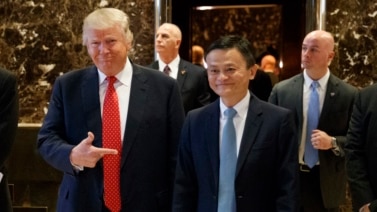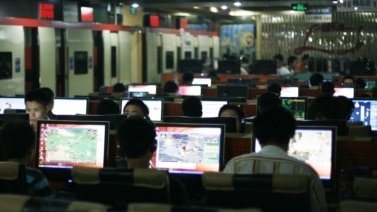
China is expanding efforts against services that help its citizens get around the government's control of the Internet.
The Ministry of Industry and Information Technology released a statement on Monday. The ministry said it has launched a 14-month-long campaign against unsupervised internet connections, including virtual private networks, known as VPNs.
The technology enables users to open and gain access to blocked websites without the government's permission.
A number of Chinese and foreign companies in China use VPNs to do business. Private citizens often turn to this technology to access banned websites, such as Google, Facebook, and international news agency sites.
The new rules make using a VPN without permission illegal. They require that all VPNs and leased cable lines operating in the country have a government license.
The service providers are also now required to carry out “self-inspections” for any unlawful activity taking place on their servers.
Chinese President Xi Jinping has expressed support for “internet sovereignty.” That is the idea that governments have the right to control and protect their nation's internet as if it were a physical territory.
China's “Great Firewall” is the largest web censorship operation in the world.
The anti-censorship group Greatfire.org reports that China blocks 135 of the world's top 1,000 websites, according to the South China Morning Post newspaper. The sites include Google, Facebook, Twitter, and YouTube.
A writer who calls himself “Charlie Smith” helped to set up Greatfire.org. Smith says it is not clear if internet services will follow the Chinese government's new campaign.
"They will push back, quietly ... if they deem the cost of running these checks to be too high," Smith said. "Even the authorities recognize that there are legitimate needs for VPNs and other circumvention services."
The Associated Press reported this story. Ashley Thompson adapted the report, and used additional information from the South China Morning Post.
Words in This Story
access - n. a way of being able to use or get something
license - n. an official document, card, etc., that gives you permission to do, use, or have something
sovereignty - n. unlimited power over a country -- often + over
censorship - n. the system or practice of censoring books, movies, letters, etc.
deem - v. to think of (someone or something) in a particular way
checks - n. something that stops or limits another thing
circumvent - v. to avoid being stopped by (something, such as a law or rule) : to get around (something) in a clever and sometimes dishonest way



